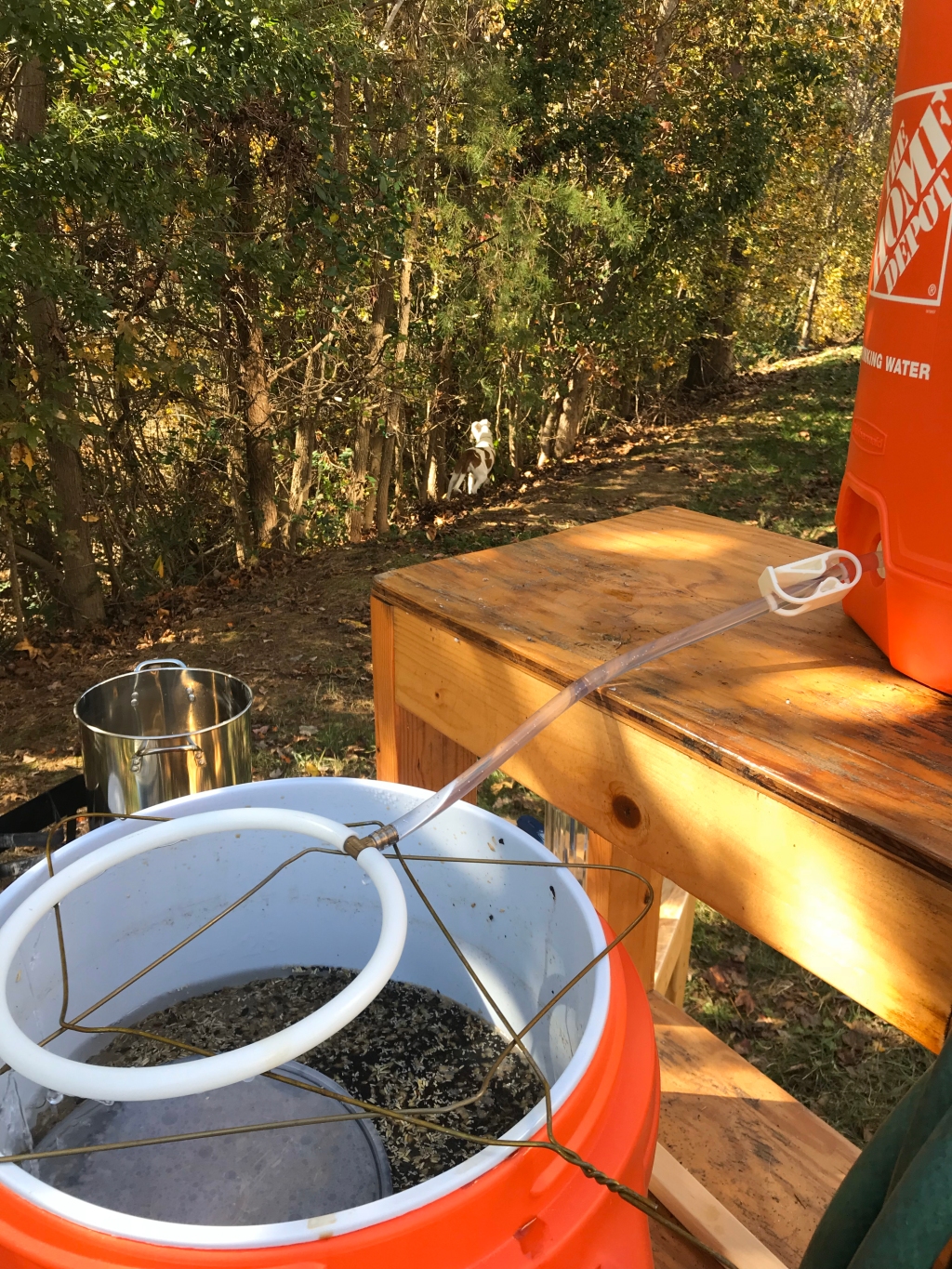What’s the difference?
What’s extract brewing? What’s all grain brewing? What does all this mean and why are they battling each other?
Extract Brewing
Extract brewing is a great introduction to home brewing. It’s like a condensed version of brewing where you’re using liquid malt as a base to your brew. The initial investment is cheaper and the room for error is limited compared to all-grain brewing, making these methods the ideal choice for those getting their feet wet in home brewing.
All Grain Brewing
Brewing with only grain instead of incorporating malt extract is how most professional brewers make beer. This is the purest form of beer making and the method by which you can most greatly influence the outcome of the beer.
If you think about it, beer is really made with 4 simple ingredients. Water, grains, hops, and yeast. Anything else are just extras. Water, hops, and yeast are the same in versions, but the grains are different in the two versions. Just remember, the grains in both are what are used to get the sugars that yeast eats during fermentation (as well as some of the flavor and color).
In extract brewing, the majority of your “grain” is in the form of malt extract, either dry or liquid. You may also have a small amount of actual grains to build your beer’s character. Liquid malt extract is less processed than dry malt extract, and is usually slightly cheaper too. Your brew day is typically shorter as you boil your water, add the extract, then move onto your boil where you add hops.
All grain brewing uses actual grains to extract the grains sugars in a process called mashing. You start by bringing water up to a certain temperature, then slowly add water to the crushed grains (your home brew store can crush the grains for you if you’re using them within a day or two). After the water is added, you let it sit for an hour to pull those sugars out, then slowly run off that liquid, called wort. Once you get your wort, it’s added to the brew kettle to boil again and have the hops and any other additions to it.
The extract process is a great way to jump into home brewing, and most people probably start with that process, I did. It also helps you build up the typical brewing steps so brewing becomes easier and quicker for you.
When you jump up into all grain, you will need additional equipment in the form of sparge water tanks and mash tanks, and those can be as simple as water coolers you can buy at a home improvement store. Mine are those round coolers that my home brew store had and fitted with the appropriate gaskets and equipment needed for smoothly moving liquid from one spot to another.
When looking at the pros and cons of both:
Extract Pros:
All Grain Pros:
- Less room for error
- Smaller initial investment
- Shorter brew day time
- Creative Control
- Cheaper ingredients
Extract Cons:
All Grain Cons:
- Cost of ingredients
- Less control of recipes
- More equipment, higher cost
- Longer brew day time
- Greater margin for error
So that’s the difference in simple terms. What’s best for you can depend on your time, space, and interest in this hobby. Hopefully this can help you understand the difference and make the choice that’s right for you.
